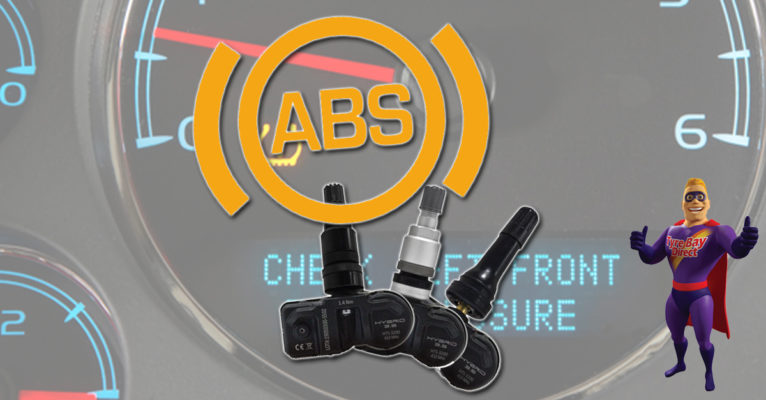Tyre Pressure Monitoring Systems, Tyre Stuff
Should you be offering direct TPMS services over indirect systems?

By now, you will have heard a lot about TPMS and the benefits it can offer your garage; especially if you have been following our blog posts over the last few months.
It is an inevitability that TPMS services will become essential, due to the lifespan of the first sensors fitted into vehicles in 2014 coming to an end. Those of you that have dug deeper into TPMS will know that there are primarily two TPMS systems to look out for
These are Direct & Indirect systems. But what is the difference? Is one better than the other?
TPMS vs ABS
TPMS has gone from strength to strength over the past few years since its inception in 2014 – not least the technology within the vehicle, but also in garages providing vital services to keep the tech running efficiently.
Professionals keeping up to date with how these systems work can offer a more comprehensive service to their customers. Learn more about how direct and indirect TPMS systems work in our previous blog.
Indirect TPMS Systems | Direct TPMS System |
| Indirect TPMS systems use the ABS sensors on the vehicle. Tyre pressure isn’t directly measured but is calculated by assessing the rotational speeds of each tyre. | The sensor is fitted in each wheel/attached to the bottom of the valves. The vehicle ECU will then get data directly from each individual sensor. In Europe, the common transmission frequency is 433 MHz while in the US it is 315 MHz. |
Pros:
| Pros:
|
Cons:
| Cons:
|
Choosing Direct over Indirect?
It can be seen as a bit of a mistake choosing to offer services for one type of system over the other, especially as both types of systems are being used across the UK.
Despite this, the pros of indirect systems state that NO servicing is required which as a garage trying to make money can be bad news. Direct TPMS offers a new revenue opportunity & can become a part of your tyre servicing proposal.
Get moving & speak to the experts!
Our team have been through extensive manufacturer training in our TPMS product range, so we can offer you the best advice.
Call today on 01527 883580 to discuss in more detail or contact us online now.
